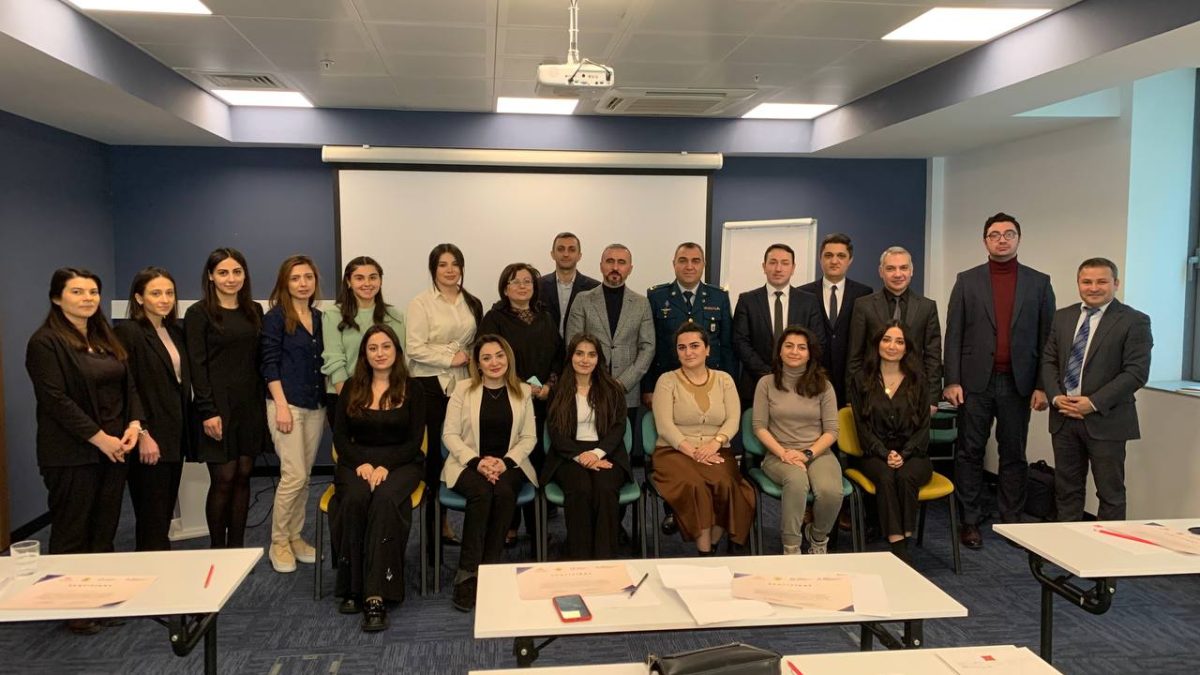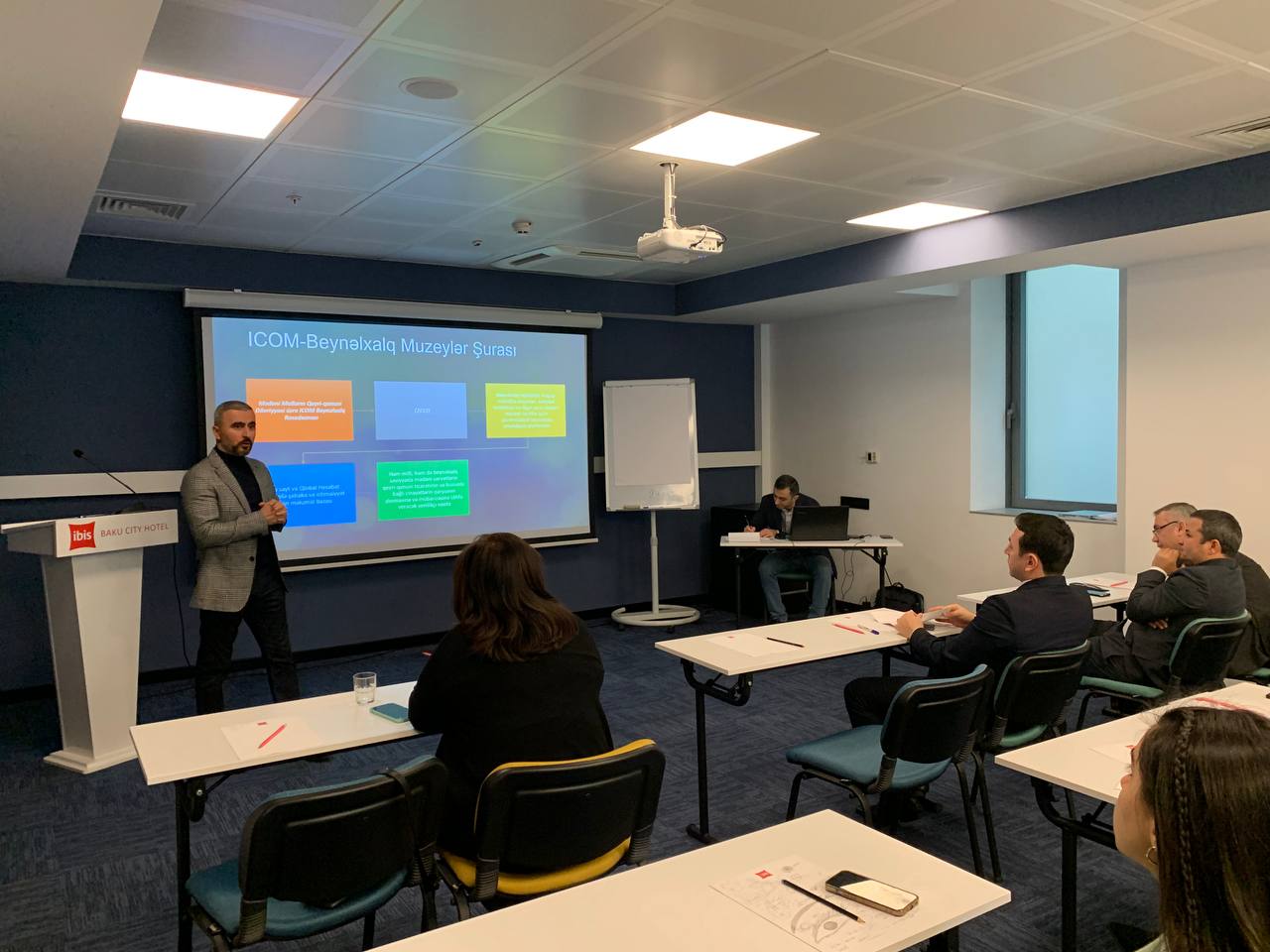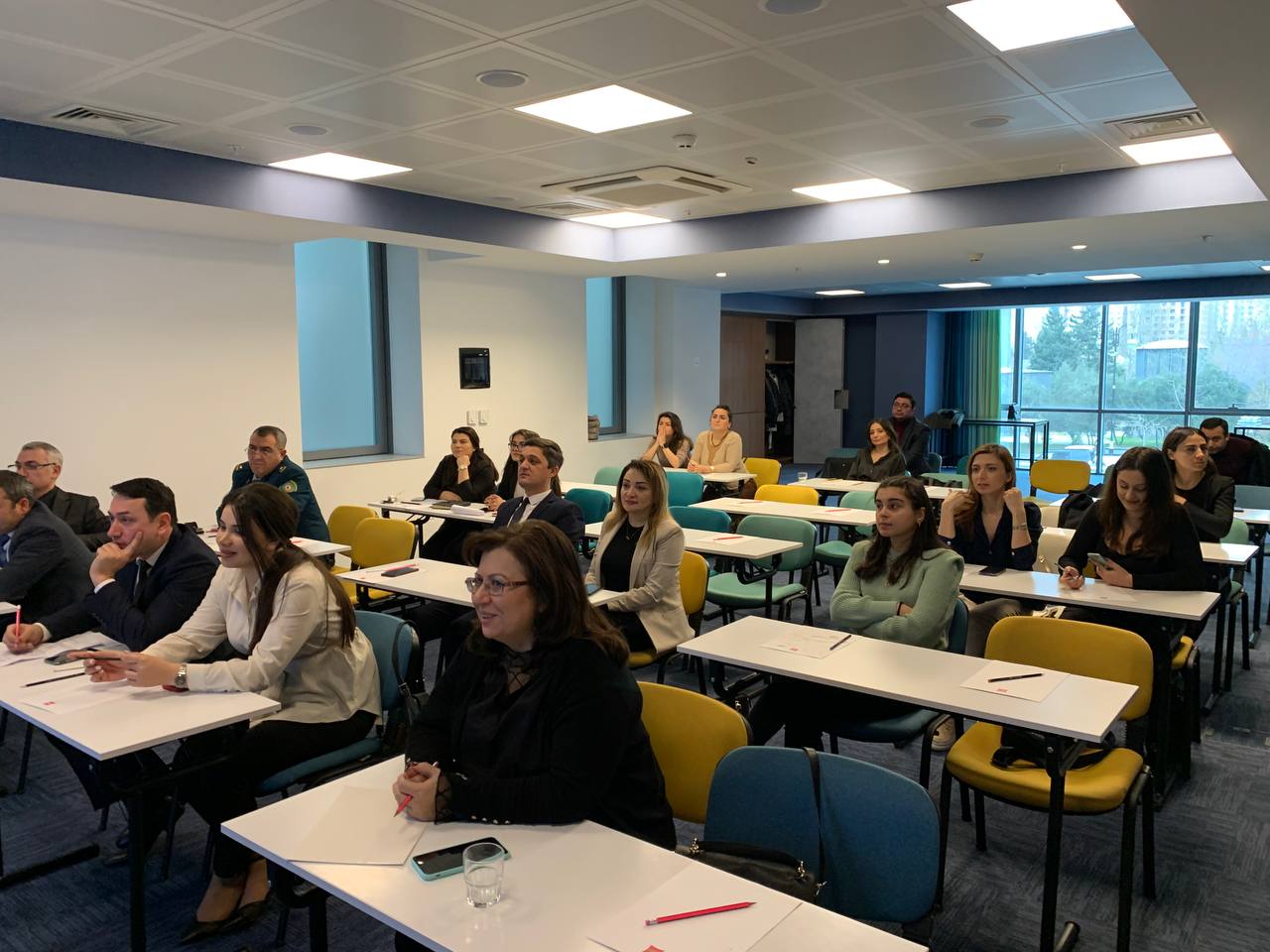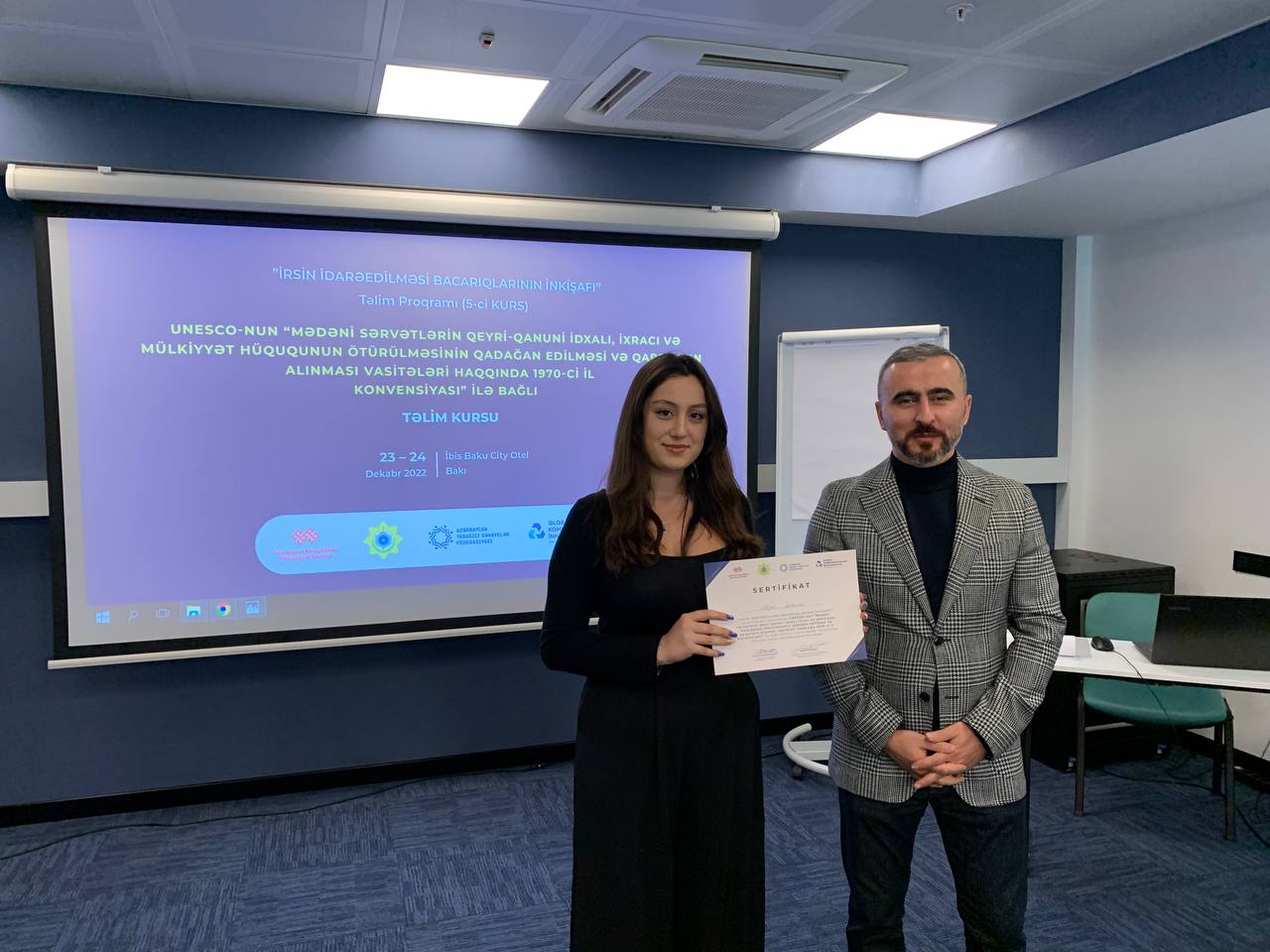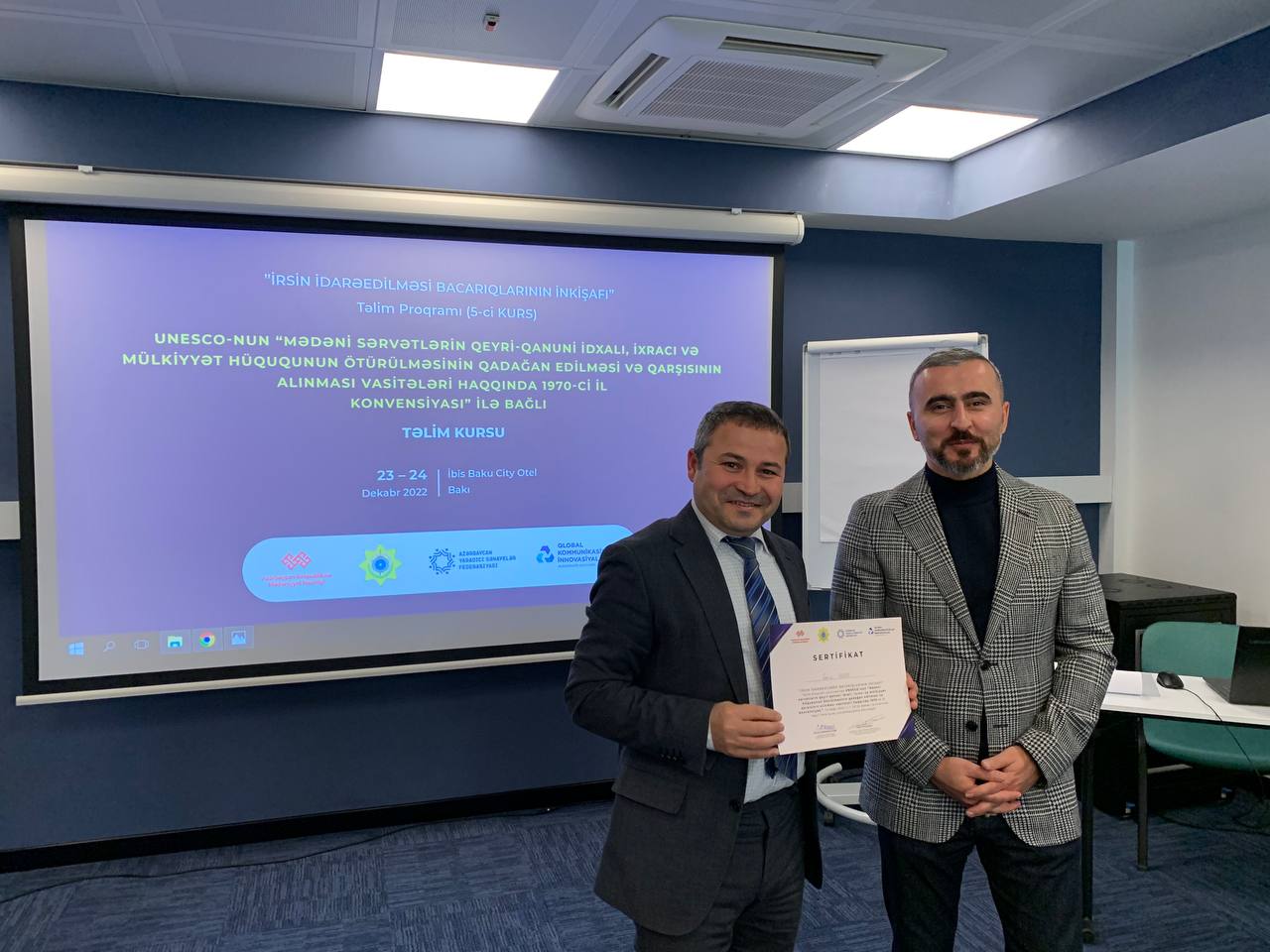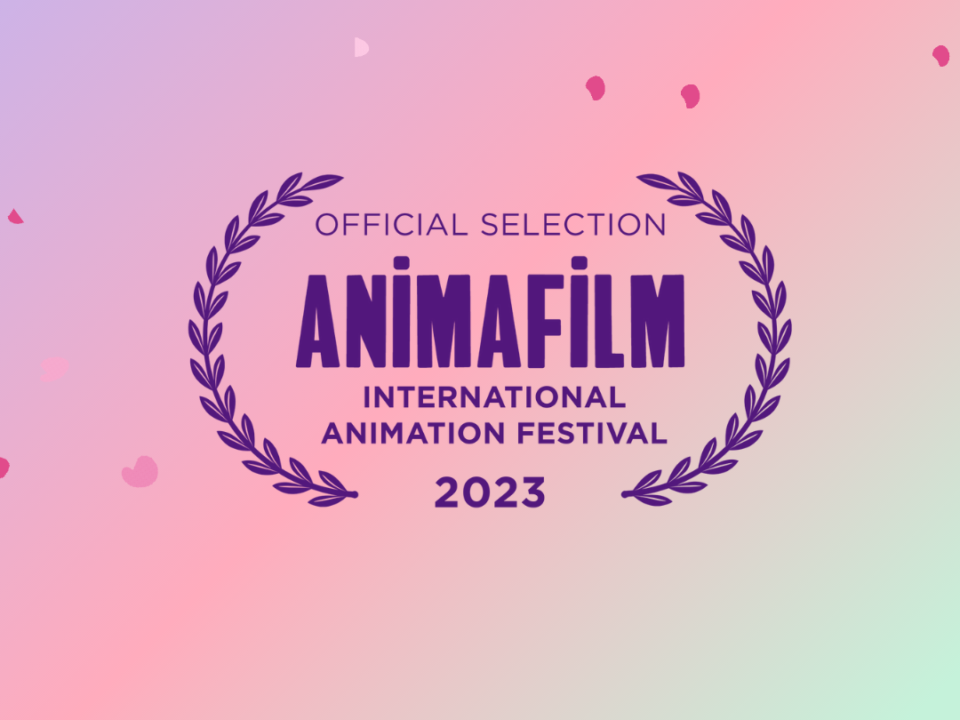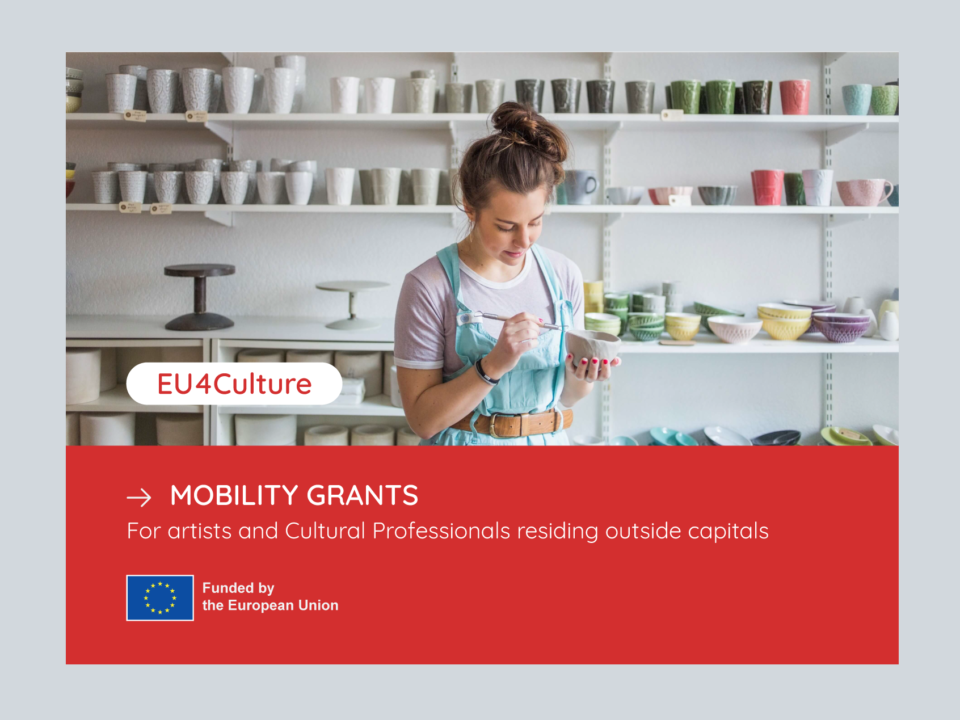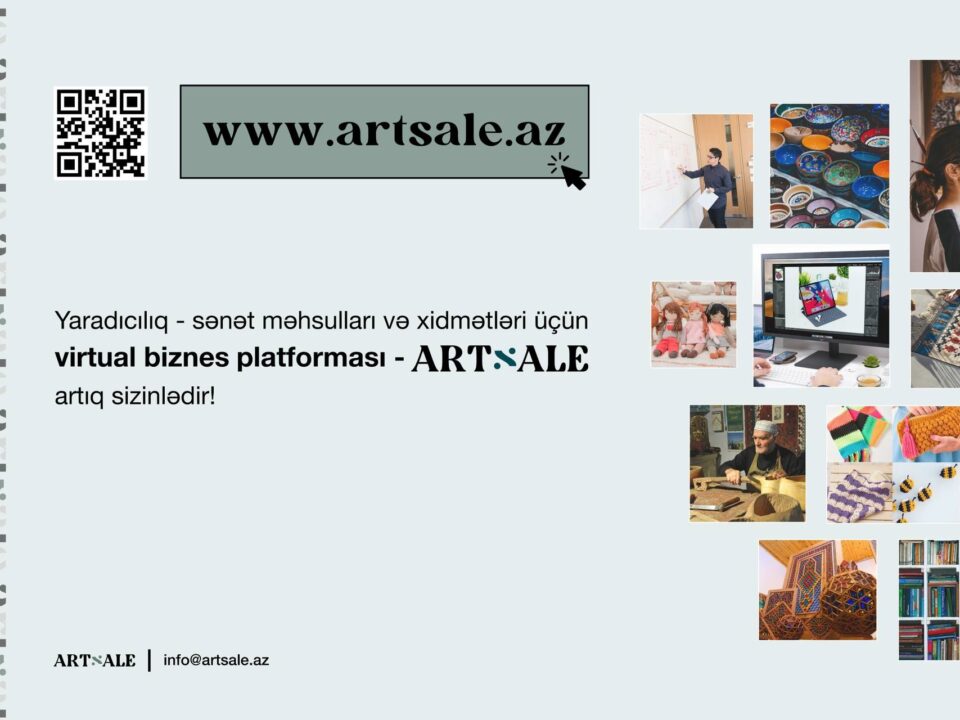The training course held within the framework of the “Heritage governance skills development” training program completed

The next training course held within the framework of the “Heritage governance skills development” training program
23/12/2022
Open Call for Creative Producers Programme 2022-23
27/12/2022Today, the training course continued on The UNESCO 1970 Convention on the Means of Prohibiting and Preventing the Illicit Import, Export and Transfer of Ownership of Cultural Property within the framework of the “Heritage governance skills development” training program implemented by “Global Communications and Innovations” company on the order of the Ministry of Culture, and in partnership with the State Customs Committee of the Republic of Azerbaijan and Azerbaijan Creative Industries Federation. The subject of the training course covers.
Vasif Eyvazzade, Chairman of the Board of Directors of Azerbaijan Creative Industries Federation, Head of the Training Program, speaking about UNODC – United Nations Office on Drugs and Crime, INTERPOL and ICOM – International Council of Museums, which function as important parties in the implementation of the Convention, and the principles of work of each of them with the states that are parties to the Convention and provided information about the directions of action. Thus, UNODC’s mandate to ensure the implementation of the UN Convention against Organized Crime to prevent or combat serious crimes committed by organized criminal groups in relation to the trade in cultural property, as well as such crimes in the field of trade in cultural property and related offences were presented. Also, the open intergovernmental expert group on the protection of trade in cultural resources, it’s meetings, the directions of INTERPOL’s activities and the Works Of Art Database (ID-Art mobile app) about the objects stolen or traded from countries in this context and the identification of stolen cultural property, reduction of illegal circulation and increase of opportunities for recovery of stolen objects were discussed.
Then, in order to test the knowledge learned in the training course, an online survey was conducted and the correct answers to the questions answered by the participants were discussed one by one. At the end, training participants were awarded with certificates.
The training course was attended by the participants from the Ministry of Culture of the Republic of Azerbaijan and its subordinate cultural institutions, the State Tourism Agency, Azerbaijan State University of Culture and Arts, the Special Representations of the President of the Republic of Azerbaijan in the liberated territories of the Karabakh and Eastern Zangezur Economic Regions, Shusha City State Reserve conservation department, the “Icherisheher” State Historical-Architectural Reserve Administration, Heydar Aliyev Center, Institute of Manuscripts of ANAS, State Border Service of the Republic of Azerbaijan, and MIRAS Social Organization in Support of Studying of Cultural Heritage.
For your kind information, within the framework of the training program “Heritage governance skills development” implemented by the “Global Communications and Innovations” company in partnership with the relevant state institutions, including Azerbaijan Creative Industries Federation, on the order of the Ministry of Culture, the training courses on the five important UNESCO Conventions in the field of heritage (the 1972 Convention Concerning the Protection of the World Cultural and Natural Heritage, The 1954 Hague Convention for the Protection of Cultural Property in the Event of Armed Conflict, the 2003 Convention for the Safeguarding of the Intangible Cultural Heritage, the 2005 Convention for the Protection and Promotion of the Diversity of Cultural Expressions and the 1970 Convention on the Means of Prohibiting and Preventing the Illicit Import, Export and Transfer of Ownership of Cultural Property) the Republic of Azerbaijan joined, have been completed. In total, around 200 representatives from various institutions operating in the field of heritage management, art and creativity participated in those courses. “Heritage Azerbaijan” national heritage platform consisting of trainers and graduates of training courses was established in order to more effectively coordinate sectoral development processes in the field of cultural heritage, exchange knowledge and experiences, strengthen inter-institutional cooperation and further increase initiative and mutually beneficial cooperation in this field. Public launch of the Platform is planned in 2023.

